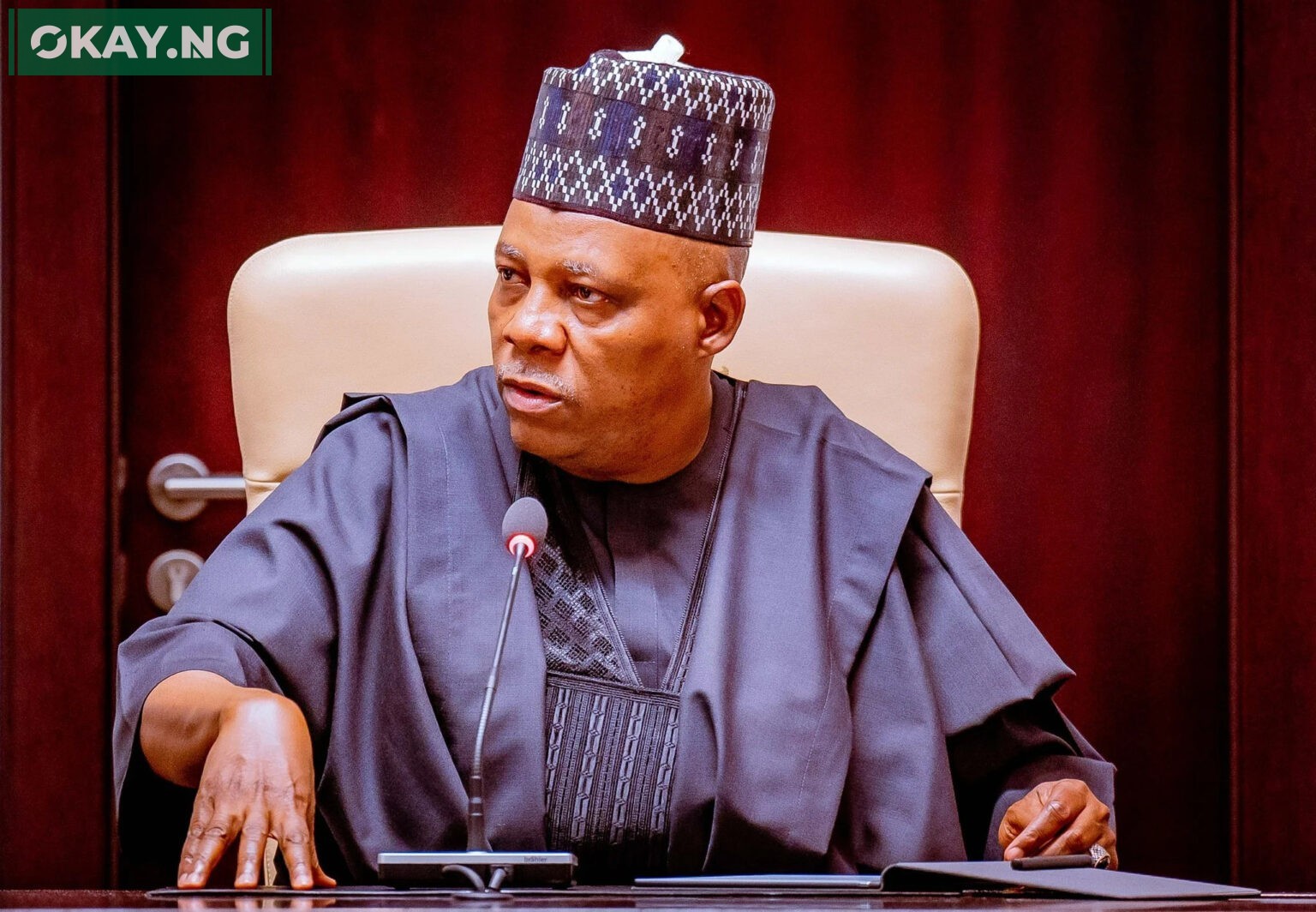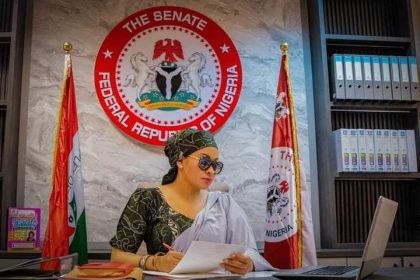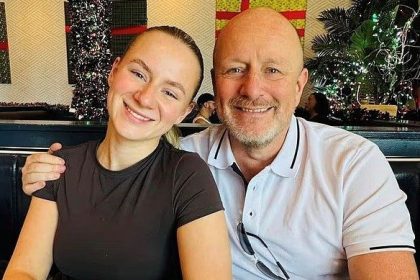The Federal Government has unveiled a bold plan to extend the National Homegrown School Feeding Programme to reach no fewer than 20 million Nigerian pupils by 2026 under the Renewed Hope Agenda.
Vice President Kashim Shettima, represented by Dr. Kolade Fasua, Special Adviser to the President on Economic Affairs, disclosed this during the National Policy Forum on the Institutionalisation and Implementation of the Renewed Hope National Home Grown School Feeding Programme in Abuja.
The forum was convened by the Presidential Committee on Economic and Financial Inclusion, working in partnership with ActionAid Nigeria and other stakeholders to strengthen the framework of the initiative.
“This year, the federal government relaunched the Renewed Hope National Homegrown School Feeding Programme, signalling a decisive return to scale and systemisation. The programme is designed to boost enrollment and attendance, improve academic performance, and raise smallholder incomes through stable local procurement.
“Alongside the core programme, the government has inaugurated the Alternate Education and Renewed Hope School Feeding Project, an expansion that targets out-of-school and highly vulnerable children, with the ambition of reaching up to 20 million by 2026,” Shettima stated.
He further stressed that the government would deploy the National Identity Management Commission (NIMC) system to eliminate fraud and ensure only registered pupils benefit.
okay.ng reports that Shettima described the cost of sustaining the programme, which could reach ₦1 trillion, as an investment in Nigeria’s future rather than a burden.
“Ambition requires investment, and the federal government has acknowledged that sustaining national coverage may require around one trillion naira. But this is not a cost. It is a nation-building investment with high social, economic, and security return,” he emphasized.
According to him, each hot meal provided is also a defense against insecurity, by reducing children’s vulnerability to extremist groups and promoting economic inclusion for women, smallholder farmers, and micro businesses.
Meanwhile, Dr. Tanko Sununu, Minister of State for Humanitarian Affairs and Poverty Reduction, represented by Mr. Valentine Ezulu, called for a National Homegrown School Feeding Act to ensure continuity and a legal framework for the programme beyond political cycles.
Ezulu also recommended adopting a National Nutrition Guideline for School Meals, aligned with international best practices, to guarantee children’s health and safety.







